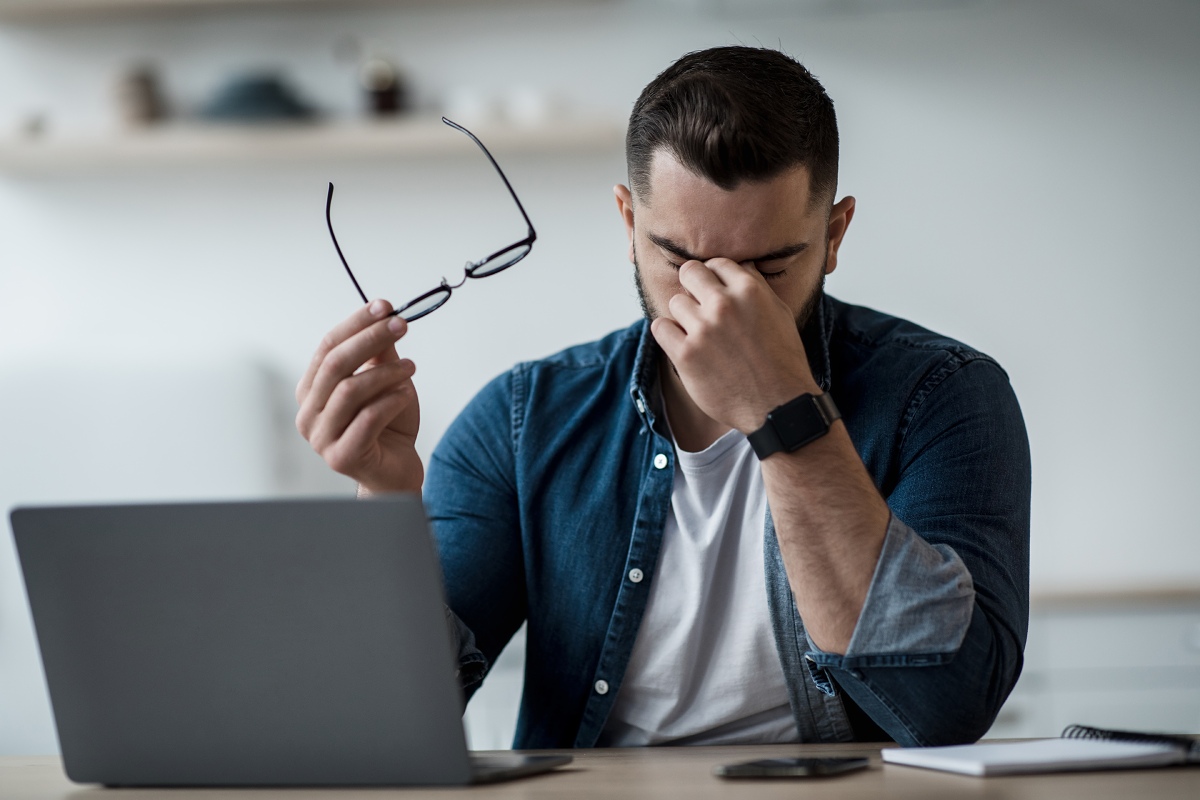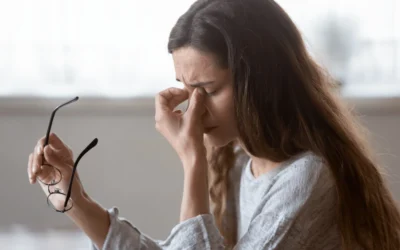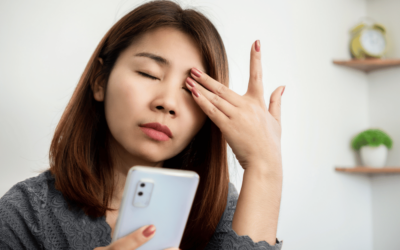If you experience dry eye, you know how uncomfortable and frustrating it can be. Dry eye occurs when your eyes don’t produce enough tears, or the tears are of poor quality. While there are many treatments available, some people prefer natural remedies to manage their symptoms. In this blog post, we’ll share some natural remedies that can help and what you should do if your symptoms persist.
Stay hydrated
Staying hydrated can help keep your eyes moist, especially if you have dry eyes. One way to do this is to drink plenty of fluids, but you could also use a humidifier to add moisture to the air. Additionally, eating foods that are high in omega-3 fatty acids, like fish, flaxseed, and walnuts, can also help keep your eyes hydrated.
Use warm compresses
Try placing a warm, damp washcloth over your closed eyes for about five to ten minutes. This can help stimulate natural tears and relieve your symptoms. You can also purchase a heated eye mask at many drug and retail stores.
Remember to blink often
People who stare at screens or read for long periods are more likely to develop dry eyes because they tend to blink less frequently. Blinking helps spread your tears evenly across your eyes and keep them moist. Remember to take regular breaks from screens by following the 20-20-20 rule. Here’s how it works: Every 20 minutes, take a break from your screen and look at something 20 feet away for 20 seconds. This brief pause allows your eyes to rest and prevents strain.
Use eye drops
If you have dry eye, using eye drops is one of the easiest ways to find relief. Make sure to choose eye drops that are free of preservatives that can worsen dry eye symptoms. People who wear contact lenses should use lubricating eye drops that are made for use with contact lenses, and some eye drops require a prescription.
When natural treatments aren’t enough
While natural remedies can help relieve dry eye symptoms, not all dry eye cases are the same. If your dry eyes persist or worsen, you may need more advanced treatment options, such as prescription eye drops, punctal plugs, or surgery. Our eye doctor can determine the underlying cause of your condition during an eye exam in Milford and recommend the best treatment for your specific case.
At Lighthouse Vision in Milford, one of the treatment options we offer for dry eye is IPL therapy and RF treatment. IPL light therapy and RF treatment work together to reduce inflammation and break down tear gland blockages that can cause dryness and discomfort.
Dry eye can be a challenging condition to live with, but natural remedies can provide relief and improve your eye health over time. However, in some cases, dry eye can be a chronic condition that requires more advanced treatment options. It’s crucial to consult an eye doctor to figure out what’s causing your dry eye symptoms and find the right treatment plan for you.
If you’re seeking dry eye treatment near Orange, West Haven, Stratford, Monroe, or New Haven, Connecticut, visit Lighthouse Vision in Milford. Our friendly, knowledgeable optometrist is here to help diagnose and treat the underlying cause of your eye problems. Contact us today to schedule an appointment and let us help you find relief from chronic dry eye.





